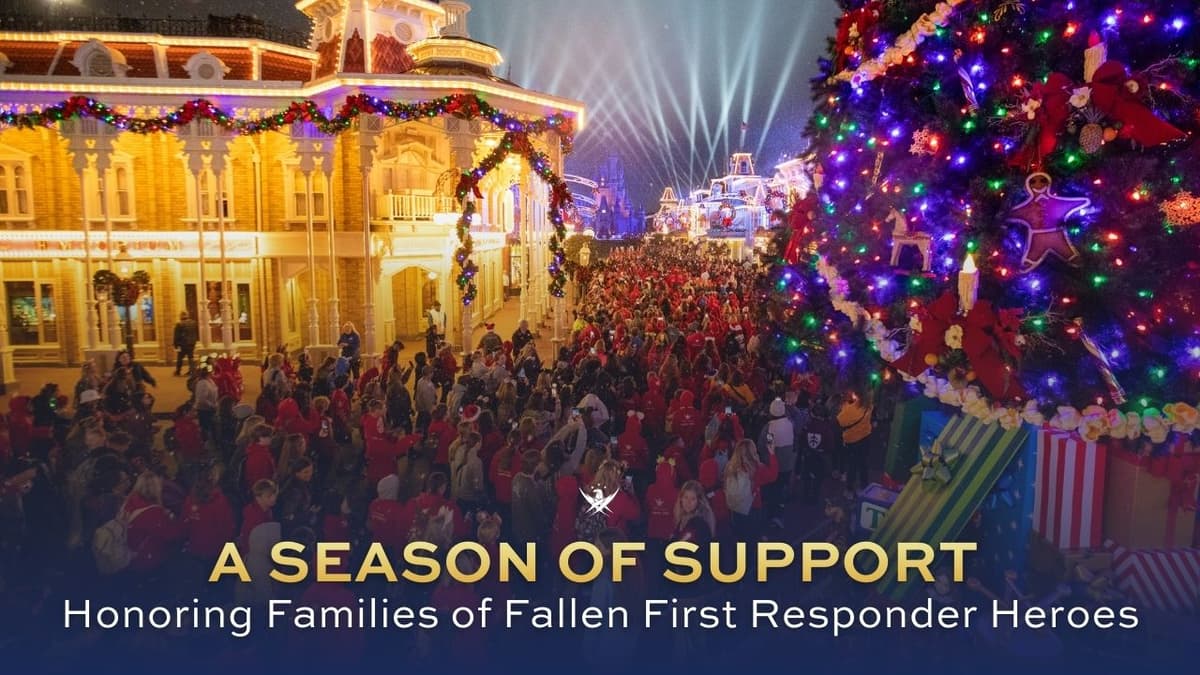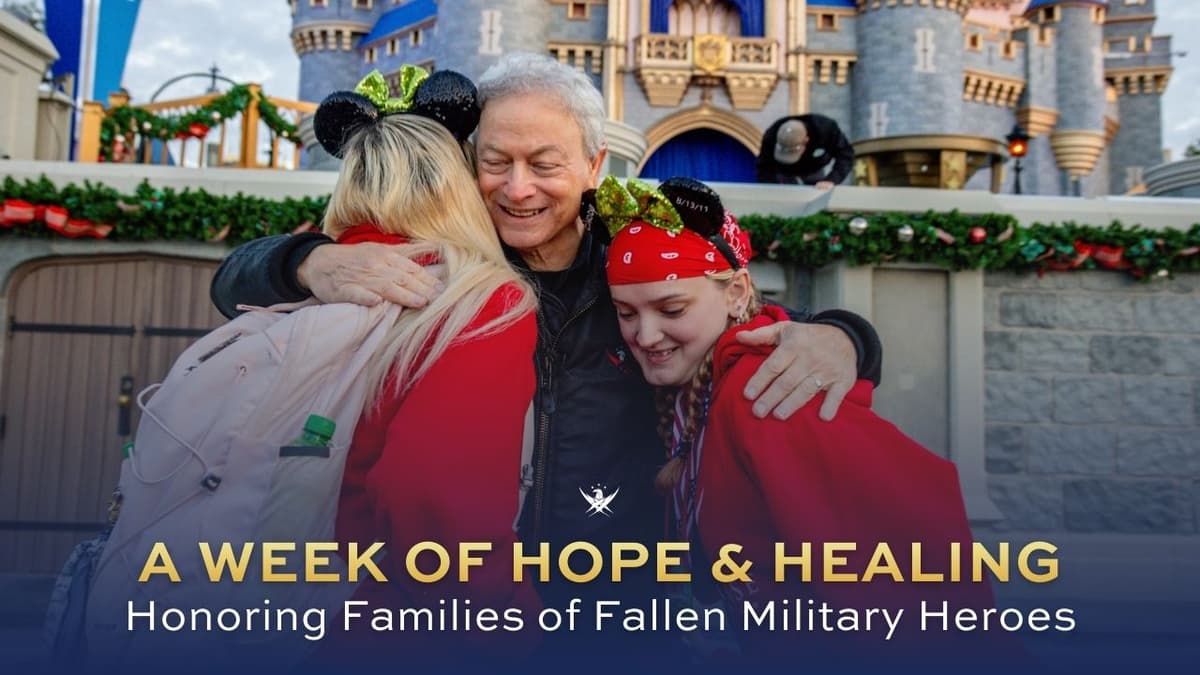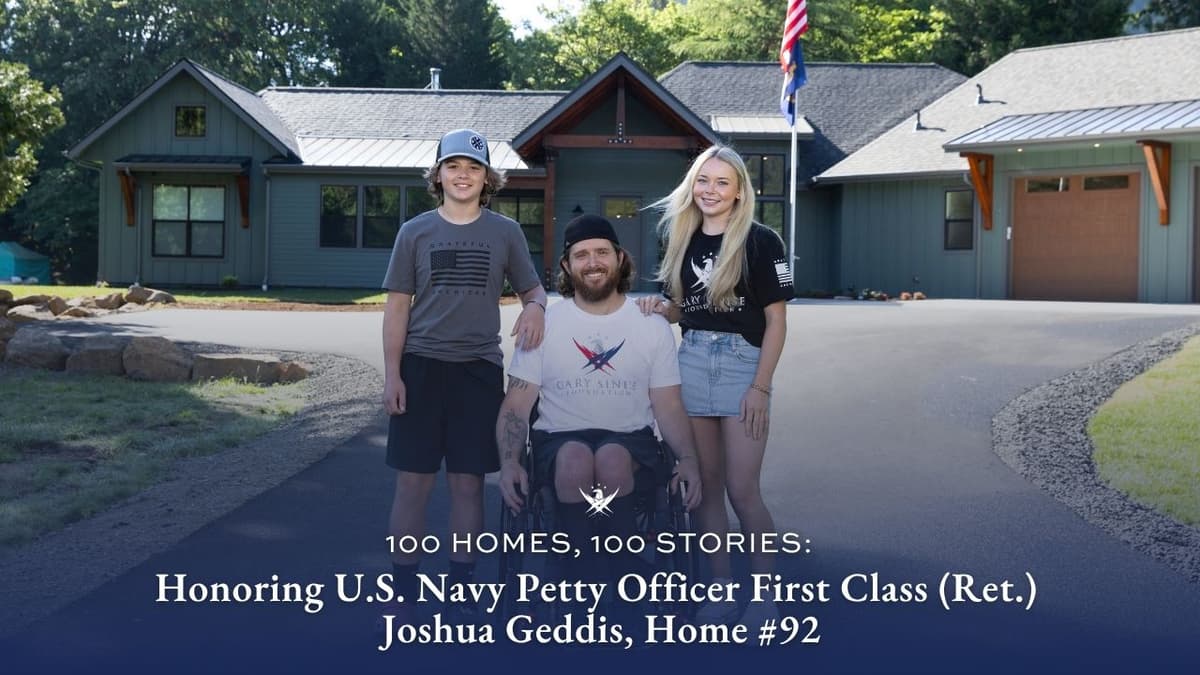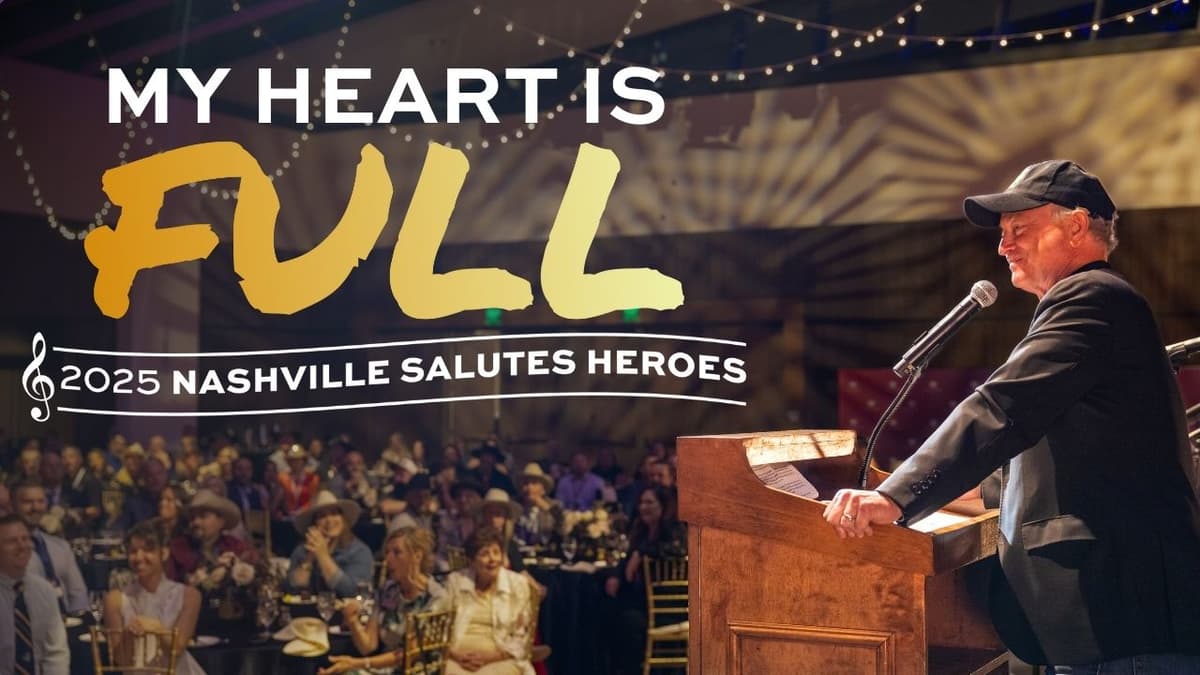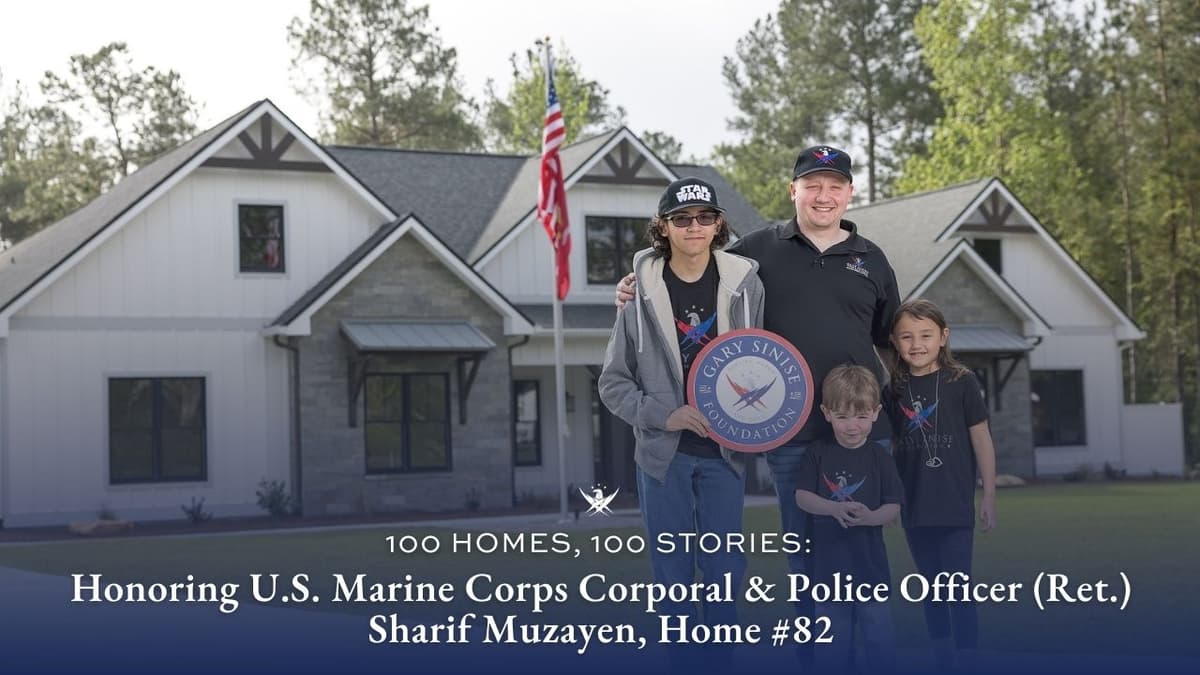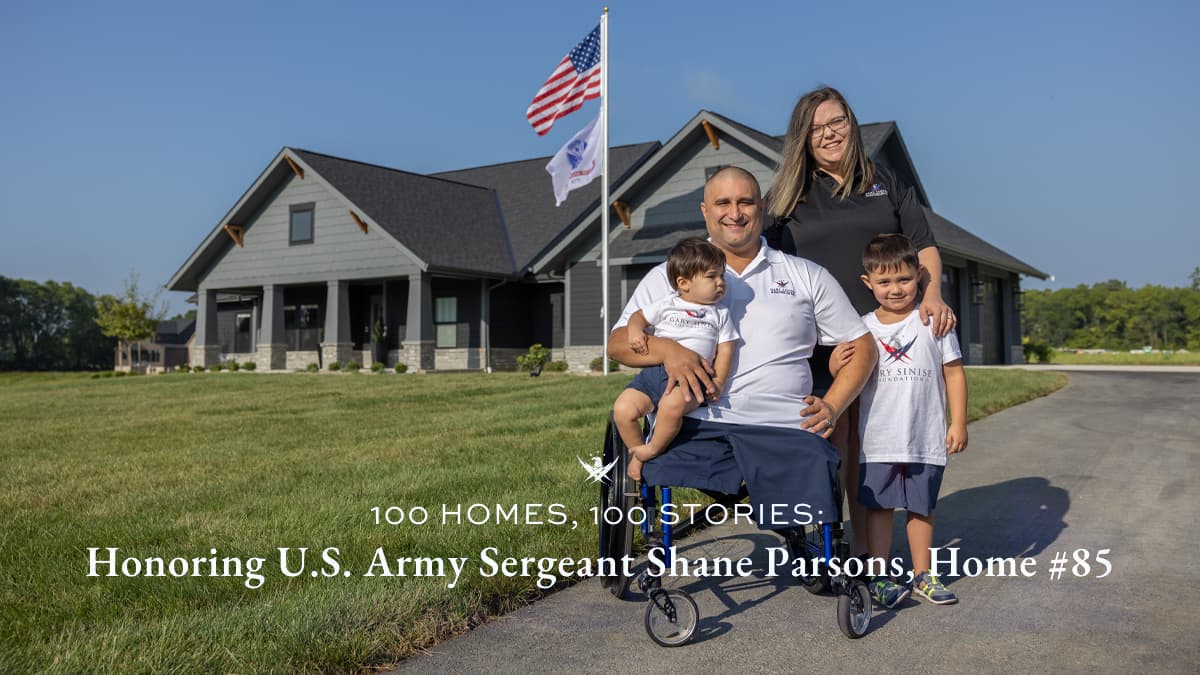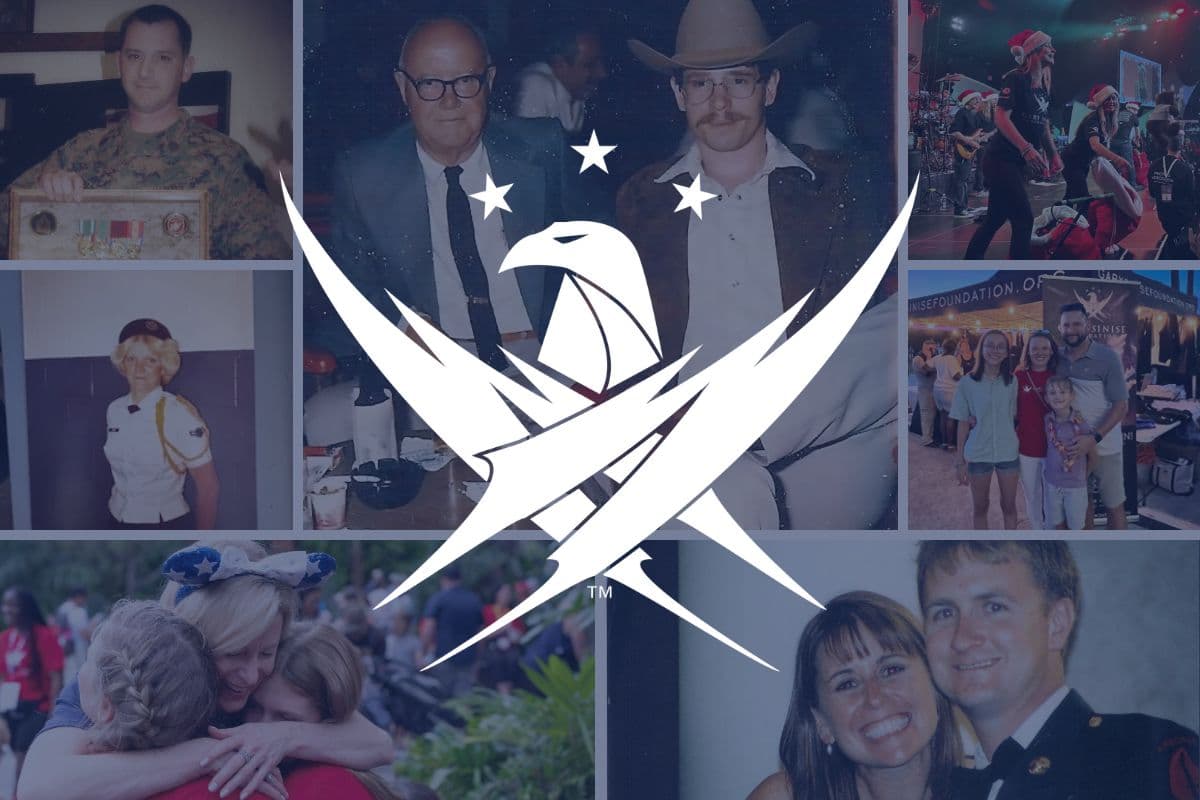Gary Sinise Foundation First Responder Outreach focuses on Mental Health
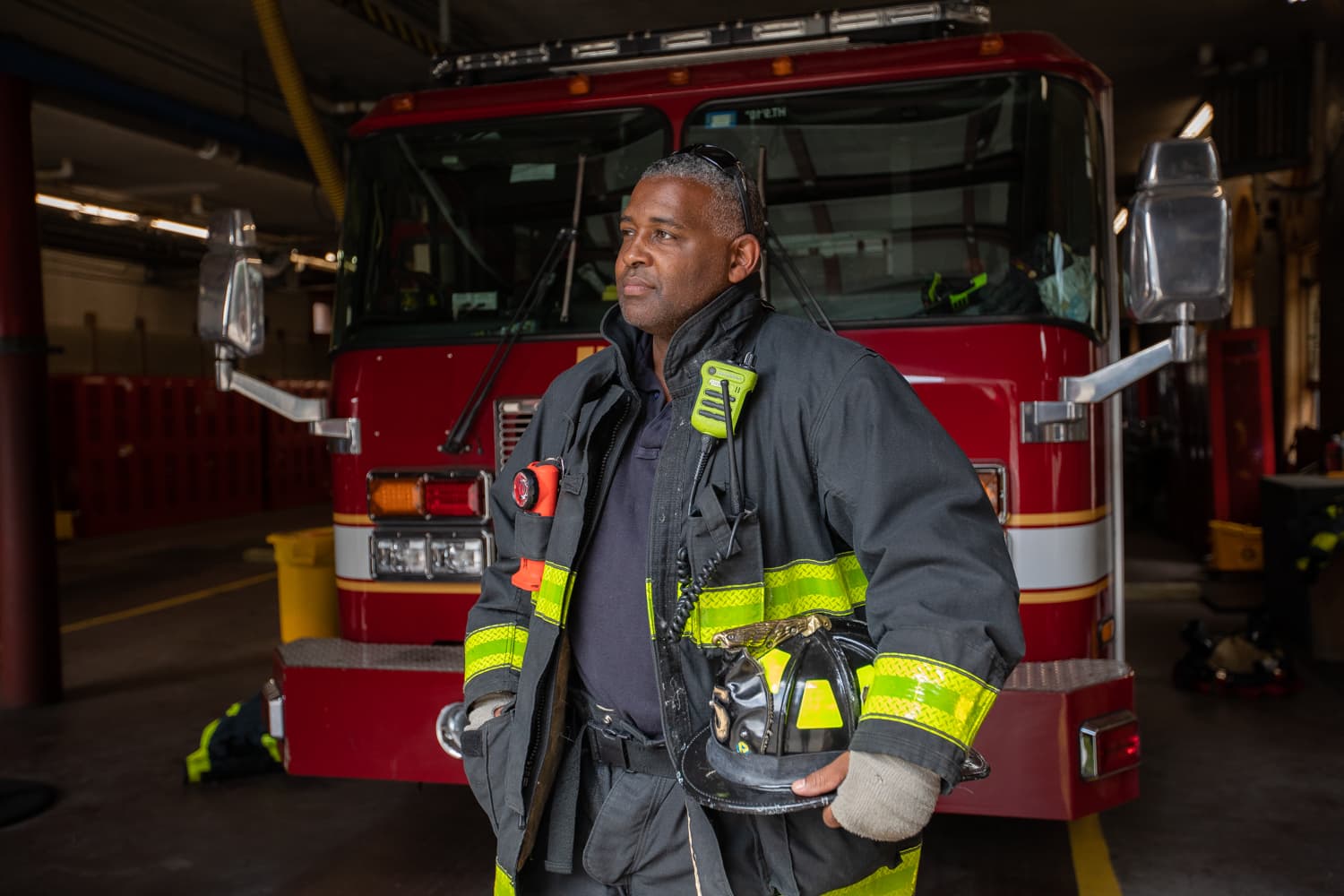
For decades, many of our nation's heroes have returned from overseas burdened by the mental and physical wounds of war. Accompanying their return was the need for mental health support services. In recent years, the Gary Sinise Foundation has provided funding to mental health-related organizations, such as the Boulder Crest Institute, Vets for Valor, Brothers at War, and more. However, not only has there been a need for these services by veterans but also first responders.
With assistance from the Foundation's Outreach team, we have been able to assist with the mental health needs of first responders through our First Responder Outreach program. In July 2020, we received a First Responder grant application from the Chickasha Police Department in Oklahoma. As a municipal government agency, the department was financially devastated due to COVID-19. Because of the substantial budget cuts, department Assistant Chief Goebel Music requested funding for both sanitation supplies and a mental health professional. With their approved funding, the department hired Stacey Stephens, a mental health professional, to guide the department and prepare officers to handle additional stressors attributed to COVID-19.

As we continue to live through a global health pandemic, mental health has been at the forefront of the conversation. With first responders working on the frontlines, the added "concern of taking something home" has had a larger burden, says Assistant Chief Music. Being in direct contact with those infected by COVID-19 has added stress to the possibility of spreading the virus to loved ones.
"Some of the stress from COVID-19 can trigger past stress. Working many years in the field, it can become difficult for first responders to balance the job's cumulative stress with the new addition of COVID-19," says Stacey Stephens, a licensed professional counselor. By utilizing Eye Movement Desensitization Reprocessing (EMDR), Stephens can help first responders identify any underlying stress they are experiencing.
"When people deal with trauma, there can be pieces of it that get stuck in the sensory, emotional part of our brain like sights, sounds, images, smells, and negative beliefs about ourselves. When those pieces get stuck, we can stimulate the brain bilaterally by using eye movements, which helps reprocess those stuck places," says Stephens. By activating the brain with eye movement, Stephens can access parts of the patient's memory and determine the root causes of the decline in the individual's mental health. Through EMDR, Stephens says she can help with coping skills and relaxation techniques, building successful habits for those in the field.
Knowing this, Assistant Chief Music knew it was essential to apply for funding to bring Stephens on to offer counseling to his department when necessary. When we asked Assistant Chief Music how to persuade departments on the fence to apply for a mental health grant, he replied, "It's better to be the guy to submit the application rather than come up on the scene to see one of your own take his own life."
Make sure to read more about our Mental Health initiative here.
If you’re a department representative interested in applying for a First Responder Outreach grant, start your application today.
Written by Savannah La Liberte

